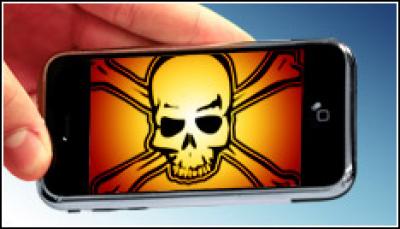Apple lost a bid to have jailbreaking the iPhone declared a violation of the Digital Millennium Copyright Act.
In a decision today, the U.S. Copyright Office and the Library of Congress sided with the Electronic Frontier Foundation’s contention that jailbreaking the iPhone was not prohibited by the act.
The decision comes (PDF) as part of a regular process where the copyright office reviews exceptions to the Digital Millennium Copyright Act (DMCA) every three years. Through jailbreaking, users can unlock a device and enable third-party unsigned code to run.
Jailbreaking Not Prohibited
Citing security and privacy concerns, Apple has called jailbreaking illegal and fought to keep today’s decision from becoming a reality.
In his decision, Librarian of Congress James Billington wrote that Apple called jailbreaking a “violation of the prohibition against circumvention of access controls. It stated that its validation system is necessary to protect consumers and Apple from harm. Apple further contended that modifying Apple’s operating system constituted the creation of an infringing derivative work.”
On the other side of the issue was the Electronic Frontier Foundation (EFF), which heralded the copyright office’s decision earlier today.
Copyright Law
“Copyright law has long held that making programs interoperable is fair use,” said Corynne McSherry, EFF senior staff attorney, in a statement. “It’s gratifying that the Copyright Office acknowledges this right and agrees that the anticircumvention laws should not interfere with interoperability.”
EFF also applauded a decision it says “holds that amateur creators do not violate the DMCA when they use short excerpts from DVDs in order to create new, noncommercial works for purposes of criticism or comment if they believe that circumvention is necessary to fulfill that purpose.”




